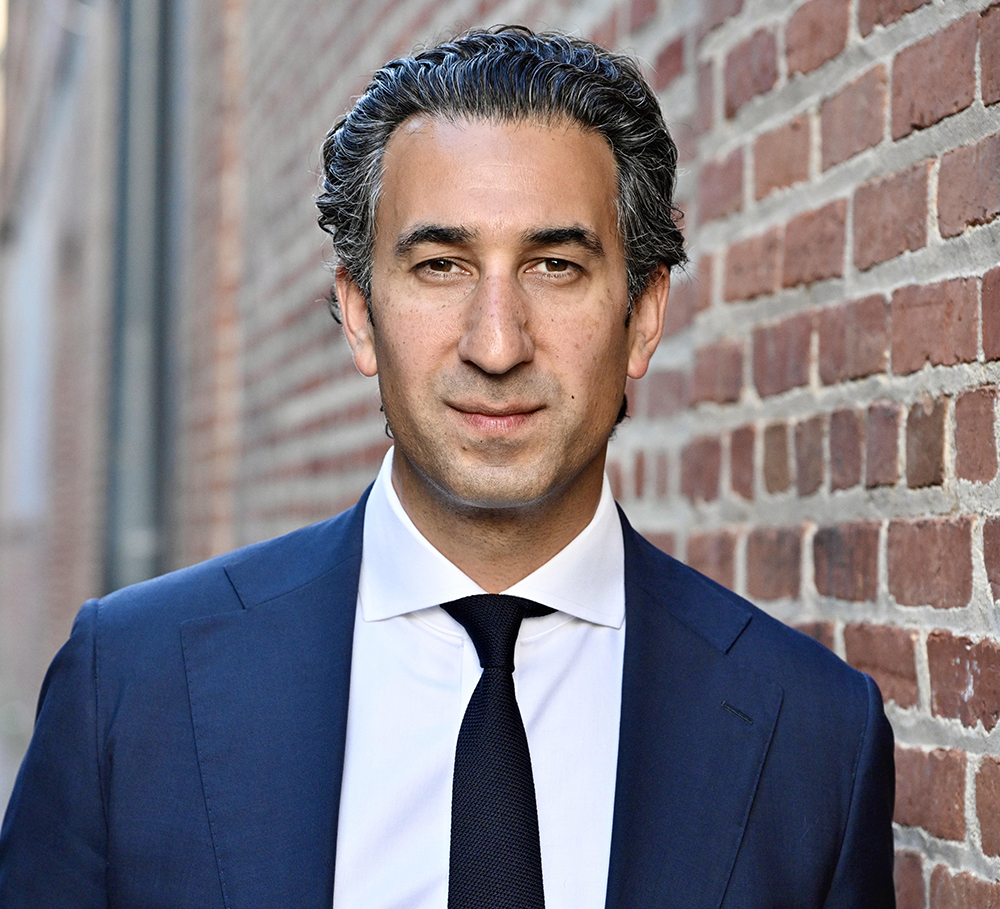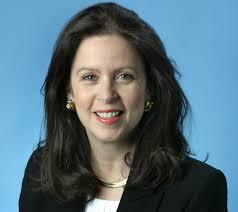Supporters of democracy within and outside the continent should track these four patterns in the coming year.
Saskia Brechenmacher, Frances Z. Brown
{
"authors": [
"Rachid Tlemçani"
],
"type": "legacyinthemedia",
"centerAffiliationAll": "",
"centers": [
"Carnegie Endowment for International Peace"
],
"collections": [],
"englishNewsletterAll": "",
"nonEnglishNewsletterAll": "",
"primaryCenter": "Carnegie Endowment for International Peace",
"programAffiliation": "",
"programs": [
"Democracy, Conflict, and Governance",
"Middle East"
],
"projects": [],
"regions": [
"Middle East",
"North Africa"
],
"topics": [
"Political Reform",
"Democracy"
]
}
REQUIRED IMAGE
A larger number of present political regimes in the East, Central Europe, Eurasia, Latin America and the Middle East and North Africa (MENA) have established a façade of institutional democracy. An irreversible wave of democratic transition -- excluding the MENA -- has been underway for some time. The foundation is fair and free polls.
Source: Al Ahram Weekly
A larger number of present political regimes in the East, Central Europe, Eurasia, Latin America and the Middle East and North Africa (MENA) have established a façade of institutional democracy. An irreversible wave of democratic transition -- excluding the MENA -- has been underway for some time. The foundation is fair and free polls. Elections are the lifeblood of democracy, but not all elections are democratic, as is often the case in the Arab world in which electoral authoritarianism and subsequent violence still haunt the scene.
Electoral authoritarianism characterises regimes that present an illusion of multi-party democracy at the local and national levels while effectively stripping elections of efficacy. The result known in advance, elections can be held frequently. In Algeria, for instance, officials have been able, against all odds, to organise more than 12 polls during the civil strife that broke out when the Islamic Salvation Front (FIS) was poised to win the 1991 and subsequently cancelled legislative elections. Under electoral authoritarian regimes, elections are subject to such state manipulation as to strip them of value. Arab officials have become very sophisticated in this. Rulers devise discriminatory electoral rules, exclude opposition forces from entering the electoral arena, and restrict what passes to the public via mass media. Means may change but the ultimate goal remains the same, electoral manipulation becoming the most stable institution upholding authoritarian rule.
The Algerian legislative elections that took place 17 May featured an unusual mobilisation of the political class. Twenty-four political parties, 12,229 candidates on 1,144 lists, and 102 independents took part in the contest. All candidates made a strong plea for "massive participation" to challenge residual terrorism in Algeria as suicide bombers linked to Al-Qaeda claimed 30 lives and stoked official fears. Mass marches across the country were scheduled to celebrate the electoral contest, but they failed to raise much public interest.
As was expected, the turnout on 17 May was very low, according to official figures not exceeding 35.6 per cent whereas it hit 65 per cent in 1997. In addition, of 6.6 million votes cast, 961,000 -- or 14.5 per cent -- were spoiled. In reality, participation did not exceed 15 per cent, the lowest in Algeria's post-colonial history and most likely in other MENA countries' histories as well. In Egypt, for example, the 2006 turnout was 20 per cent. Many believe that Algerians did not bother to turn out on elections day because candidates largely ignored key social questions. Indeed, Algerians seemingly preferred to stay at home watching, with a great passion, the French presidential elections on television
Low turnout in previous polls essentially characterised big cities and urban eras and the Great Kabylia. This time around, it spread across the whole country, touching the regime's social base of state populism. Widespread abstention, however, does not indicate that Algerians are depoliticised, contrary to claims of the elite. On the contrary, non-participation, especially in the context of the 1992 emergency law, is a last resort in opposing the politics of authoritarianism and hogra (official abuses of power). In addition, Algerian deputies are seen as politically impotent. According to official records, the executive branch initiated more than 98 per cent of legislative bills during the previous parliament. It is commonly believed that the National People's Assembly is but a rubber stamp for decisions of the executive branch.
Widespread fraud also characterised this poll, as Said Bouchair, president of the official elections watchdog, pointed out in his report to President Abdul-Aziz Bouteflika. According to Bouchair, vote rigging was not isolated. The two ruling political parties -- the National Liberation Front (FLN) and the National Democratic Rally (RND) -- benefited from voting fraud.
The FLN, which has dominated politics in Algeria since the nation won independence from France in 1962, won 136 seats against 199 seats in 2002. As such, the party was not able to secure an absolute sole majority. The FLN is under the leadership of Abdul-Aziz Belkhadem, the current prime minister who replaced in 2006 Ahmed Ouyahia, the RND's president. The RND won 61 seats against 49 in 2002 and the Islamist Movement of Society for Peace (MSP) won 52 against 38 seats in 2002. Together, the FLN, the RND and the MSP form the Presidential Alliance. Credited with ending an insurgency waged by Islamist extremists in the 1990s, during which an estimated 150,000 people were killed with infrastructural and economic damage estimated at $20 billion, the Presidential Alliance now holds 249 seats of the 389 seats in the National Assembly, 35 seats down on its 2002 overall majority.
Various independents collected 33 seats, although they are not really independents. A great number are active operatives in the Presidential Alliance. The radical left Workers' Party (PT), a Trotskyite group lead by Louiza Hannoune, won 26 seats, up five seats from 2002. Hannoune's partnership with President Bouteflika helped safeguard her parliamentary group. Unlike the PT, the secular Rally for Culture and Democracy (RCD), lead by Said Sadi and who boycotted the previous election, did not succeed in securing the 20 seats necessary to set up a parliamentary group. The RCD was only accredited with 19 seats, although the party attracted a considerable number of adherents during the campaign. Last but not least, women's representation decreased by five seats compared to 2002, seen by many as a result of the rise of constitutional Islamism.
Although armed conflict between Islamist groups and state security forces hit the news throughout the 1990s, Algerian Islamism is still little known today. While the FIS remains banned, Algeria has three legal Islamist parties that have participated both in government and in the National Assembly. It is worth noting that Islamist parties in Algeria prefer to refer to themselves as "Muslim democrats", an allusion to "Christian democrats" in the European context. In addition to the 52 seats won by the MSP, the Islamist Ennahda movement secured five seats while El-Islah took only 3 seats whereas it won 43 seats in 2002. If we take into account "hidden" Islamist candidates within the FLN and among independents, the Islamist vote is accredited 15-18 per cent overall.
In sum, 22 political parties out of 24 that took part to this poll -- including the Communist Party that participated for the first time -- have representation in the new National People's Assembly. Within that distribution there is no single party that has the upper hand. This augurs forthcoming political struggles, especially centred on the 2009 presidential elections, preparations for which already started during the latest campaign.
President Bouteflika will not run for a third term for health reasons, although this may change and an amended text of the constitution exists already and could be approved by referendum to allow for a third term. Belkhadem, regarded as an Islamist, and Ahmed Ouyahia, seen as an accomplished technocrat, look set to vie for the top position. So far, Ouyahia, the prime minister who brought into force an IMF- World Bank structural adjustment programme for Algeria, appears favoured to be Algeria's future head of state. Meanwhile, the militarist elite hopes that "elections without democracy" will be the magic wand to end the legitimacy crisis facing Algeria. Time will tell.
* The writer is a visiting scholar at the Carnegie Middle East Centre, Beirut.
Carnegie does not take institutional positions on public policy issues; the views represented herein are those of the author(s) and do not necessarily reflect the views of Carnegie, its staff, or its trustees.
Supporters of democracy within and outside the continent should track these four patterns in the coming year.


Saskia Brechenmacher, Frances Z. Brown
Is Morocco’s migration policy protecting Sub-Saharan African migrants or managing them for political and security ends? This article unpacks the gaps, the risks, and the paths toward real rights-based integration.
Soufiane Elgoumri
Venezuelans deserve to participate in collective decisionmaking and determine their own futures.

Jennifer McCoy
Hungarian Prime Minister Viktor Orbán faces his most serious challenge yet in the April 2026 parliamentary elections. All of Europe should monitor the Fidesz campaign: It will use unprecedented methods of electoral manipulation to secure victory and maintain power.

Zsuzsanna Szelényi
A conversation with Karim Sadjadpour and Robin Wright about the recent protests and where the Islamic Republic might go from here.



Aaron David Miller, Karim Sadjadpour, Robin Wright